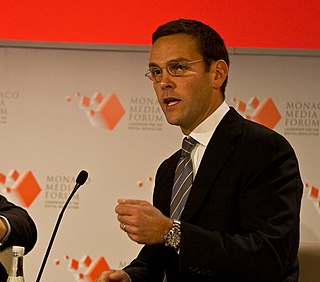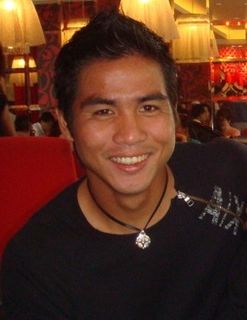A Quote by Thomas Hobbes
By how much one man has more experience of things past, than another, by so much also he is more prudent, and his expectations the seldomer fail him.
Related Quotes
What's been important in my understanding of myself and others is the fact that each one of us is so much more than any one thing. A sick child is much more than his or her sickness. A person with a disability is much, much more than a handicap. A pediatrician is more than a medical doctor. You're MUCH more than your job description or your age or your income or your output.
If idioms are more to be born than to be selected, then the things of life and human nature that a man has grown up with--(not that one man's experience is better than another's, but that it is 'his.')--may give him something better in his substance and manner than an over-long period of superimposed idiomatic education which quite likely doesn't fit his constitution. My father used to say, 'If a poet knows more about a horse than he does about heaven, he might better stick to the horse, and some day the horse may carry him into heaven'
If only we try to live sincerely, it will go well with us, even though we are certain to experience real sorrow, and great disappointments, and also will probably commit great faults and do wrong things, but it certainly is true, thatit is better to be high-spirited, even though one makes more mistakes, than to be narrow-minded and all too prudent. It is good to love many things, for therein lies the true strength, and whosoever loves much performs much, and can accomplish much, and what is done in love, is well done.
I think we are challenged in how we define humanitarian action today and how we relate to long-term needs. We are also confronted with legitimate expectations from the people who want us to respond far more thoroughly to their basic pleas than we would have done in a much more contained form of conflict.
Look how the smaller birds greet the sun, with so much merry chirruping and so much outpouring of song! It is their way of expressing worship for the only Light they can know, an outer one. But man can also know the inner Sun, the Light of the Overself. How much more reason has he to chirp and sing than the little birds! Yet how few man feel gratitude for such privilege.
Any more questions?" I ask, poking him gently in the ribs. "Do you still love me any?" Eliot asks, putting his hand over mine. "A little." "A little?" he asks, pulling away from me. "A lot." "How much?" he asks. "More than chocolate chip cookies." "Mmm" he says, kissing my shoulder. "More than walking on the beach." Eliot kisses me on the neck. "More than . . ." I pause, turning to look at him. "More than?" he asks, kissing my lips. I turn toward him. "Anything.
There is so much temptation to hold on to my career even more now. To try to micromanage and dictate every little aspect. But that's not how I want to do things anymore. I'm thinking about how can I trust God more. How can I surrender more? How can I bring him more glory? It's a fight. But it's one I'm going to keep fighting.
How much can we ever know about the love and pain in another's heart? How much can we hope to understand those who have suffered deeper anguish, greater deprivation, and more crushing disappointments than we ourselves have known? Even if the world's rich and powerful were to put themselves in the shoes of the rest, how much would they really understand the wretched millions suffering around them? So it is when Orhan the novelist peers into the dark corners of his poet friend's difficult and painful life: How much can he really see?
Refugees, especially in their early years, are still caught up in the experience that made them refugees. And they're much more melancholic. They're much more oriented towards the past and towards the country of origin. That can make the process of becoming a part of the new country much more fraught for them.








































